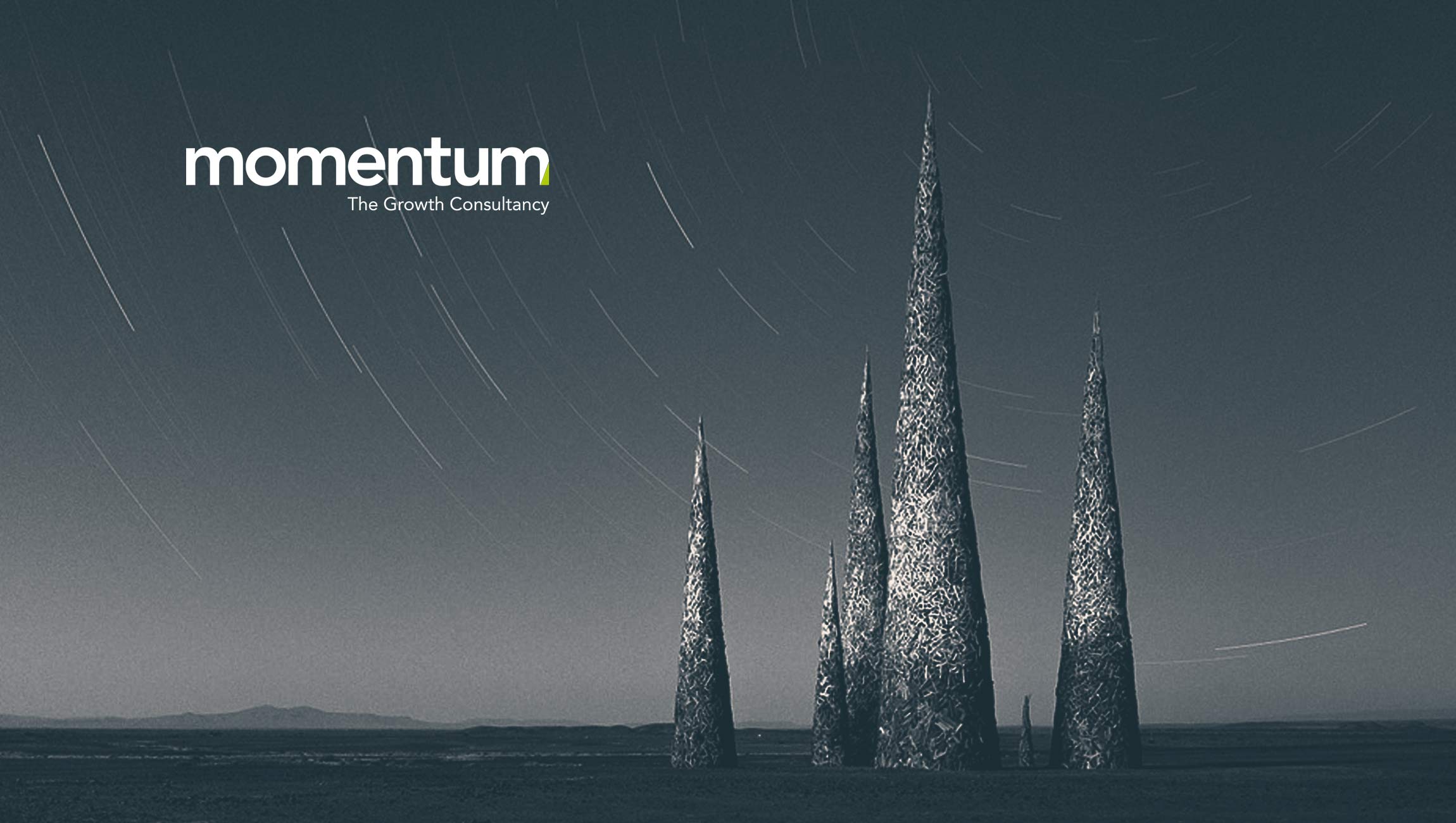‘Cheeky’ – that’s the dictionary definition of ‘sassy’. And it might be a stretch to try and persuade anyone that any SaaS platform fits that description. But the dictionary also adds ‘lively, bold and full of spirit’ – so perhaps SaaS is sassy after all.
Because that’s our position: that in comparison to traditional affiliate platforms, at least, a SaaS approach to partnerships is the livelier, bolder, more spirited option for brands. It is also the option that offers better growth, stronger partner relationships, better engagement and sturdier brand protection.
So while some in the partnership marketing space may muddy the waters between platforms and affiliate networks, we believe, for most brands, the former beat the latter pretty much every time. And here are some of the ways they do it, sassy or otherwise, in the words of three relatively recent brand converts to Impact.
Your affiliate network doesn’t necessarily need to be malfunctioning to make a move to SaaS worthwhile
Many brands enjoy perfectly productive relationships with affiliate networks for many years, but gradually find they struggle to mature the strategic focus of their partnerships.
“We were with our network for over ten years,” says Robbert van den Eshof, senior digital marketing manager at travel giant TUI. “They had done a really good job growing our programme, [but] we got to a point where we felt it wasn’t really about growth, or spending more on affiliates; it was more about fine-tuning what we were doing.
“We wanted to have a bigger focus on incrementality, making sure we are investing in the right areas, more control over programmes. We really wanted to have access to all the tools, all the insights. But it was also about improving our speed to market. When there are new trading points coming up, we want to be able to act on that within a matter of hours, rather than a couple of days, and a platform let us do that.”
Your CFO will thank you
Few would disagree that securing the buy-in of the money men is one of the main obstacles to organisational change, and the pitch to the board is a big challenge when something as fundamental as partnership migration is under consideration.
“The biggest thing for us was getting the finance team on board,” says Dyson GB performance media executive Lauren Gravell. “And I was quite surprised by the efficiencies in spend, so I think if you can illustrate that, it’s almost quite a quick win.”
Hello Fresh had a theory that there were savings to be made away from affiliate networks too, and the business case presented to management was a careful one.
“I knew that we could make some real cost efficiencies if we switched to a SaaS platform, so that’s the element we really looked to highlight in the business case,” says global affiliate channel lead Emily Cresswell.
“We really considered every single cost that makes up a part of our affiliate programme, split across all of our month, and evaluated what we thought the uplift would be, so it was a very granular process.”
Cut out the BS (boring stuff)
This one speaks for itself, but Cresswell has more details. “We have started working with a much bigger range of affiliate partners, a lot more upper-funnel activity, and now we really can focus more on relationship management, rather than day-to-day admin tasks and the boring stuff we managed to tick off our list by doing this move. And ultimately, because of that, we can see that the reaction between the channels has shifted and it’s really exciting.”
SaaS’s ability to disarm the unconverted
Even where you might be sure that an affiliate network isn’t giving you quite what you need, it’s important to go out into the market and shop with an open mind. That was TUI’s approach. “We didn’t actually make a decision beforehand to say we would go SaaS, but we had our requirements – speed to market, having control, being able to move within a couple of hours,” says van den Eshof.
“Based on those requirements, we looked at what our existing networks could do and a couple of different SaaS options, and it became quite clear early on that SaaS would be the better option. For us it was really important to have that separation of tech and service, so that longer term you can work out what works for you. If you go with a network you often find that it’s all included and you don’t really have the option, long term, to tailor that to what you need.”
Platforms offer remarkably speedy returns
When brands move to a platform after a long relationship with an affiliate network, they expect returns, but not necessarily almost instant ones. In addition to more efficient return on ad spend, Dyson UK was rapidly moving ahead of schedule on its influencer plans.
“We were already seeing more efficient ROAS after six weeks, which was great,” says Gravell. “We hadn’t been planning to kick off the influencer side of things until 2021, but we were able to kick off an influencer upper-funnel campaign [in early autumn 2020], so things started to change very fast.”
The pain of migration isn’t that painful
Shifting a programme from a network to a partnership automation tech platform isn’t necessarily noted as one life’s proverbial high-stress moments, but it still has a bit of reputation among digital marketers. In fact, the harrowing nature of the experience may have been a little overstated at times.
TUI’s van den Eshof recalls that the sense of apprehension leading up to the move comfortably exceeded the drama of the migration itself. “We spent a whole day with all the stakeholders in a room, going through what we wanted to get out of the solution and talking in detail about everything that could possibly go wrong,” he says.
“We all walked out feeling quite overwhelmed by it all, but I think it really helped. We probably over-prepared, because it was a lot more straightforward in reality. But if you look at everything that can possibly go wrong, it can only be better [than you anticipate].”











